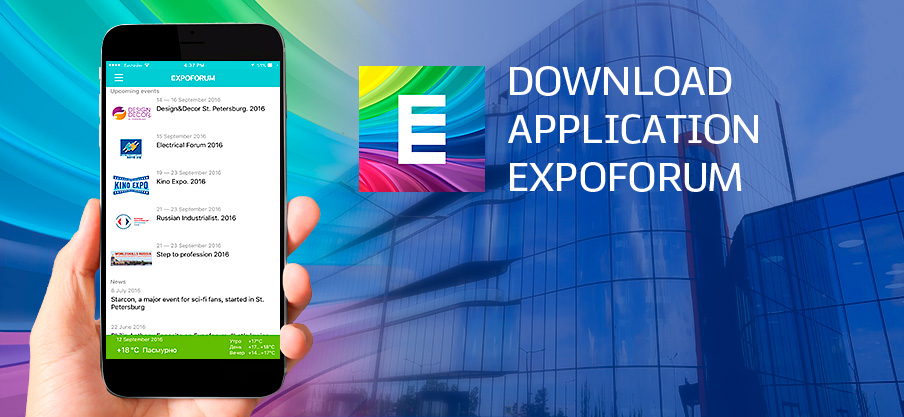REMIC 2017 discusses interaction between business and the state
REMIC 2017, the 6th International Conference of Real Estate Management in Corporations, organized by PJSC Gazprom and Club of Corporate Owners Non-Profit Association, has opened in St. Petersburg.
The conference was opened by Vitaly Markelov, Deputy Chair of the Board of PJSC Gazprom, member of the Board of Directors of PJSC Gazprom, editor-in-chief of Gazovaya Promyshlennost magazine. At the first plenary session, entitled “Dialogue between Business and the State as the Foundation for the Country’s Economy.” he talked about the key projects of the corporation, achievements and plans for the near future. “This year our company took the first place in the rating of energy companies of the world, displacing Exxon Mobil Corporation for the first time in 13 years,” Mr. Markelov said. “In 2016, we set a record of gas deliveries to Europe, and this year the figures will be even higher. The largest project in this area, Nord Stream 1, provides 164.7 mln cubic meters of gas to Northern Germany. A new pipeline, which will be completed by the end of 2019, will increase the deliveries to 110 billion cubic meters a year.”
Gazprom has also started implementing projects in the area of liquefying natural gas. The first plant with output capacity of 1.5 million tons of LNG a year will be completed in 2018 in the Leningrad Region, near Vyborg LNG. The project will allow bunkering of ship fuel in the Baltic Region for our country’s fleet, and increase in deliveries to Finland and the Kaliningrad Region. Mr. Markelov also noted the importance of Siberian regions in the process of gasification of the Far East.
Elena Mikhailova, member of the Board, head of the Department at PJSC Gazprom talked about the large-scale social policy of the corporation in the regions of presence: “During the ten years that the “Gazprom for Children” program has been implemented, a total of more than 1,600 projects have been launched in 73 constituent regions of Russia, including ice arenas, recreation centers, and sports facilities, where more than 90,000 children are active.” One of the latest social projects of the company is history-themed parks “Russia: My History,” which were launched in 13 constituent regions of Russia in 2017. These are permanent expositions about the history of the country and the region, with complex technological and interactive elements. Before the end of the year, new project sites will open in St. Petersburg and three other regions.
Vladimir Markov, member of the Board, and Department Head at PJSC Gazprom, talked about the principles of interaction between the corporation and legislative and executive bodies of authority. “As a major market player, the corporation uncovers gaps and inaccuracies in state regulation documents, and the government becomes our ally in solving these problems,” Mr. Markov said. “One such problem concerns security zone boundaries and the minimum allowable distances to such zones to ensure safe operation of federal facilities that provide stable deliveries of gas to residents. We found out that various legislative initiatives of past years allowed building of new facilities on territories with special status, and now more than 23,000 buildings stand where they should not have been built. We are working with the state to find solutions that will satisfy all the participants in the conflict.”
Mr. Markov was echoed by Vladimir Afonsky, Deputy of the Seventh State Duma of the Russian Federation: “Specially protected zones are very important, and a systemic approach is required. I am happy that the REMIC conference has become a practical venue for developing legislative initiatives in the process of dialogue between the business and the state.”
Representatives of regional authorities also attended the discussion. Alexander Chuprakov, Deputy Chair of the Government of the Moscow Region, shared the positive experience of launching a unified system of electronic state services in the sphere of land relations. Irina Babyuk, Chair of the St. Petersburg City Committee for Investments, talked about the measures that help lower costs at the investment stage. This year, the city finalized the law on strategic investors and launched a program for developing the hotel infrastructure.
Sergey Voronkov, General Director of ExpoForum-International spoke on behalf of the business community. He talked about the necessity for the GR component in managing and developing of such developer projects as EXPOFORUM Convention and Exhibition Center, which welcomed the REMIC conference for the third time. “Investing in the road infrastructure and power supply, developing territories that lead to increased business activities in the region would be impossible without the participation of the state,” the speaker noted.

 Calendar
Calendar
 Online application
Online application
 Map
Map
 How to get
How to get


